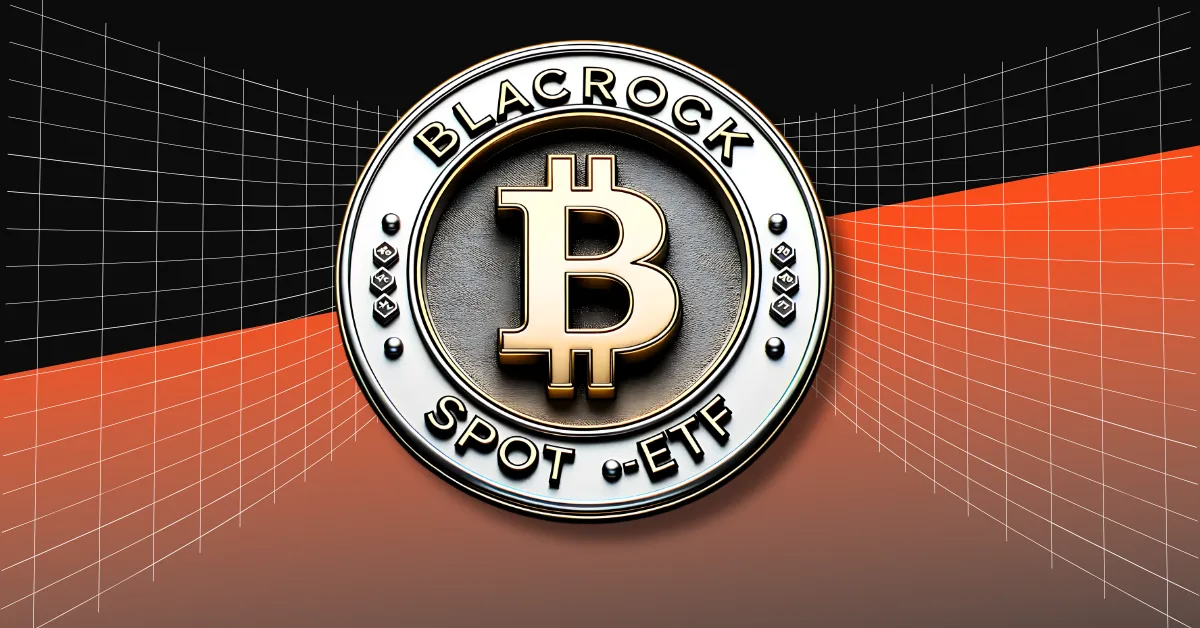
BlackRock’s iShares Bitcoin ETF (IBIT) is hitting major milestones this year. ETF expert Nate Geraci recently shared that IBIT has officially overtaken BlackRock’s biggest ETF. It now earns $186 million a year in fees, slightly ahead of the S&P 500 ETF (IVV), an ETF based on the S&P 500, which makes $183 million.
Impressively, IBIT pulled this off in just 18 months. With around $75 billion in Assets under management, it charges a 0.25% fee. IVV manages a massive $609 billion, but with a much lower 0.03% fee.
This shows that BlackRock’s Bitcoin ETF is now seeing more action than its flagship stock market ETF. IBIT also recently became the fastest ETF ever to hit $70 billion AUM, in just 341 days. It crushed the previous record set by SPDR Gold Shares, which took nearly 5 times longer. Eric Balchunas says IBIT could even surpass Satoshi in size by next summer.
IBIT has jumped from 47th to 4th place in U.S. ETF inflows for 2025. In just three months, it’s surged past big names like SPLG and is now catching up to giants like Vanguard’s VT and iShares SGOV.
Despite IBIT’s lead in fee revenue, analyst Eric Balchunas pointed out that IBIT’s volatility has dropped to nearly the same level as IVV. Just a year ago, it was 5.7 times more volatile, which helped fuel its explosive growth. But it is now losing its edge as it is barely over 1.
As Bitcoin and its ETFs grow more stable, experts worry that massive ETF inflows are altering BTC’s natural market cycles.
On Friday, Bitcoin ETFs saw over $500 million in net inflows. Fidelity led the pack with $165 million, followed by BlackRock’s IBIT with $153 million. Ark Invest’s ARKB was close behind at $150.3 million.
Data from Farside shows that net weekly inflows into Bitcoin ETFs have topped $2.2 billion. Spot BTC ETFs have recorded 14 consecutive days of inflows, making this one of their strongest months since launch.
Nate Geraci also shared recently that we may be entering a “crypto ETF summer,” with the highest-ever odds of ETF approvals for altcoins like XRP and Solana.
Strong institutional demand for IBIT and other Bitcoin ETFs is driven by their regulated, accessible structure, allowing traditional investors to gain Bitcoin exposure without directly holding crypto. This convenience, combined with BlackRock’s reputation, makes Bitcoin a viable portfolio component.
IBIT’s explosive growth is attributed to its first-mover advantage for institutional access to Bitcoin through a regulated ETF, coupled with BlackRock’s vast distribution network. This tapped into significant pent-up demand, vastly outpacing traditional ETF adoption timelines.
Upcoming altcoin ETF approvals (like XRP and Solana) will diversify crypto investment options, allowing exposure to a wider range of digital assets through regulated products. This could attract more institutional capital and potentially increase liquidity and price stability for these altcoins.
CoinPedia has been delivering accurate and timely cryptocurrency and blockchain updates since 2017. All content is created by our expert panel of analysts and journalists, following strict Editorial Guidelines based on E-E-A-T (Experience, Expertise, Authoritativeness, Trustworthiness). Every article is fact-checked against reputable sources to ensure accuracy, transparency, and reliability. Our review policy guarantees unbiased evaluations when recommending exchanges, platforms, or tools. We strive to provide timely updates about everything crypto & blockchain, right from startups to industry majors.
All opinions and insights shared represent the author's own views on current market conditions. Please do your own research before making investment decisions. Neither the writer nor the publication assumes responsibility for your financial choices.
Sponsored content and affiliate links may appear on our site. Advertisements are marked clearly, and our editorial content remains entirely independent from our ad partners.
Monero price just logged an impressive 5.7% surge to $311.86 in the past day, decisively…
Pump.fun (PUMP) is making headlines as it snaps back from its month-long slump, recording a…
Analysts have scanned the crypto market lately. These experts have pinpointed Mutuum Finance (MUTM) as…
Remember why you opened your first crypto chart, the spark, the what if, the idea…
Investors have scanned the crypto market for the best crypto to buy now, especially amid…
The crypto market is regaining momentum as Bitcoin (BTC) price trades near $107,000, while top…